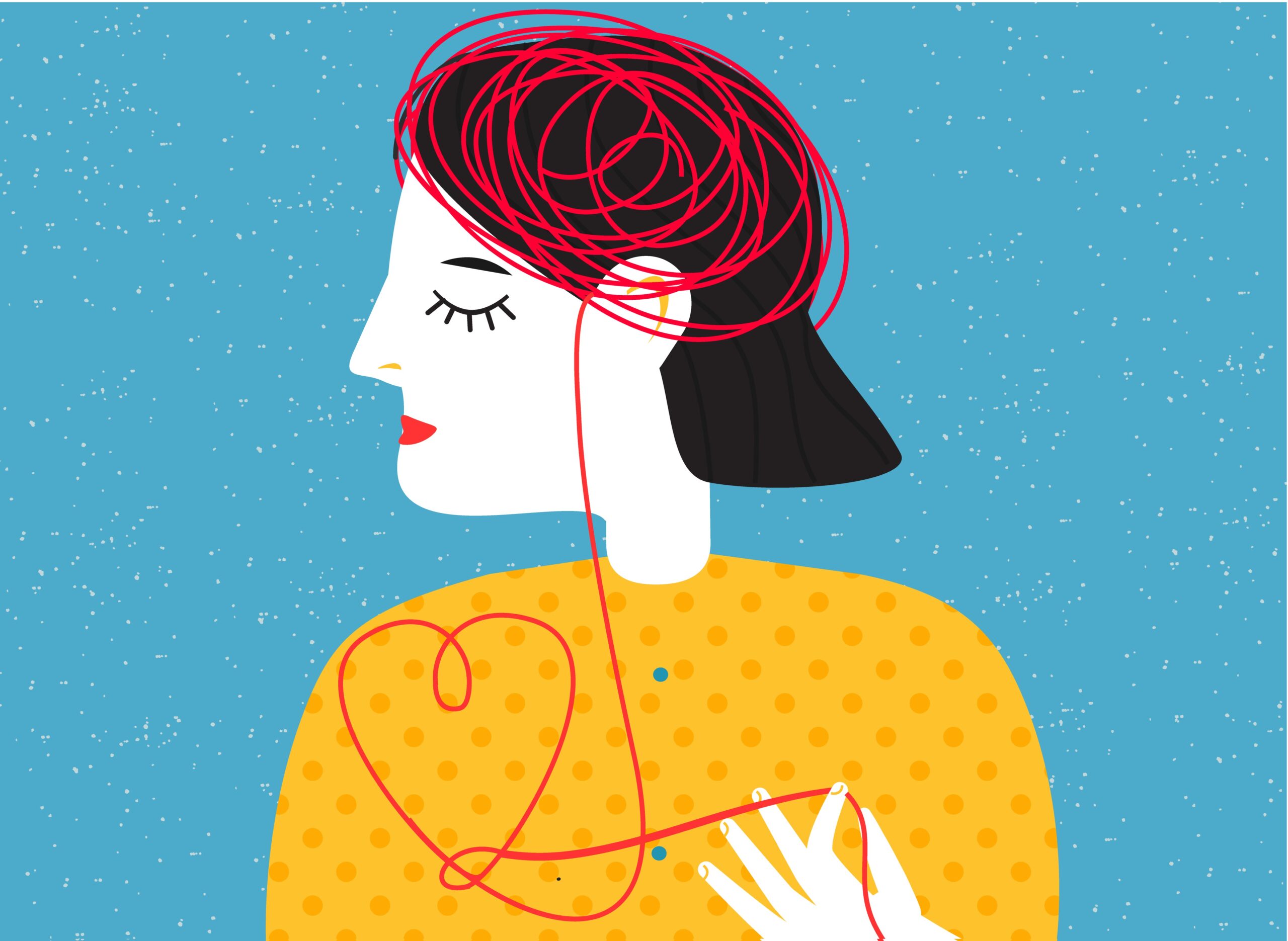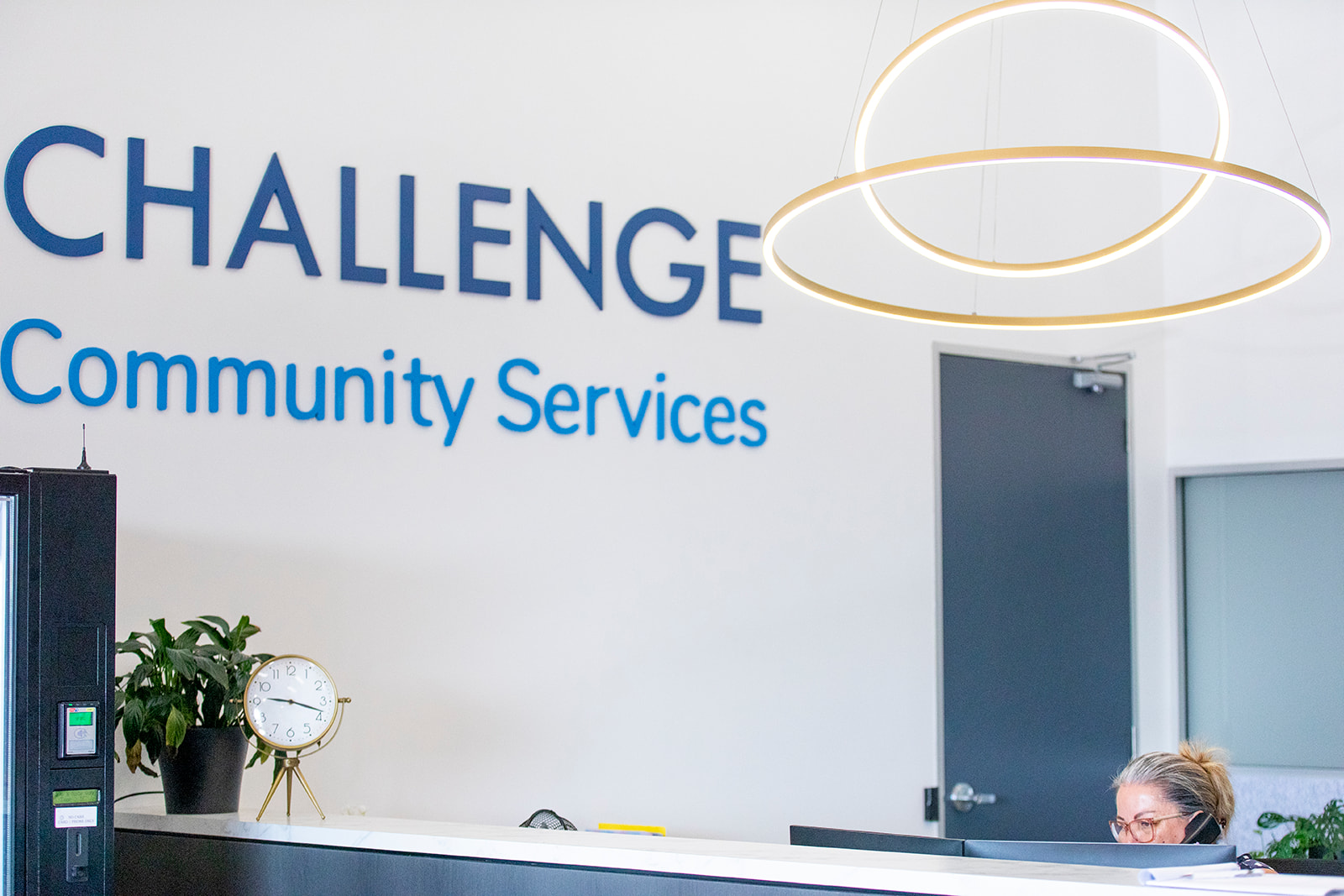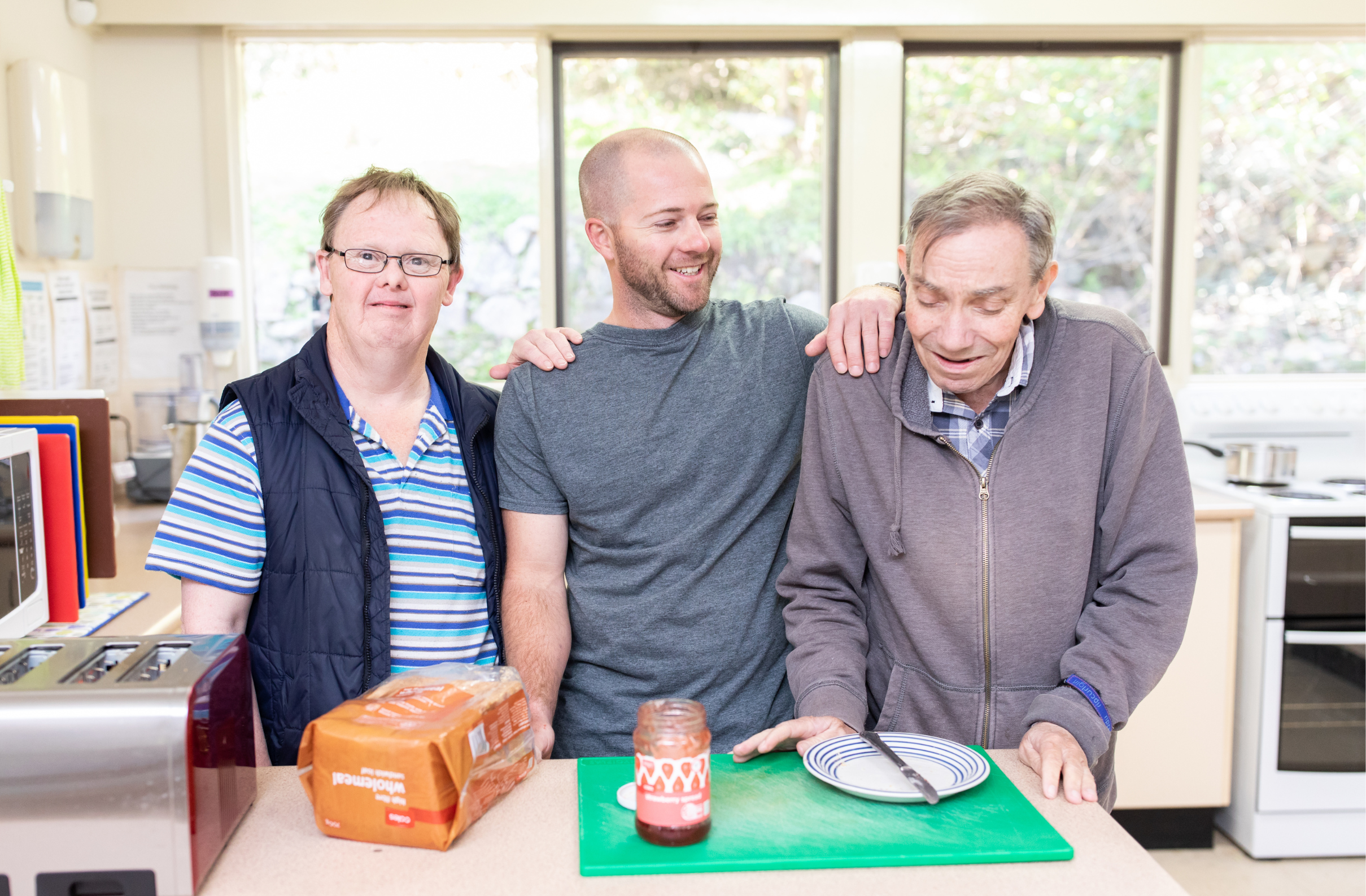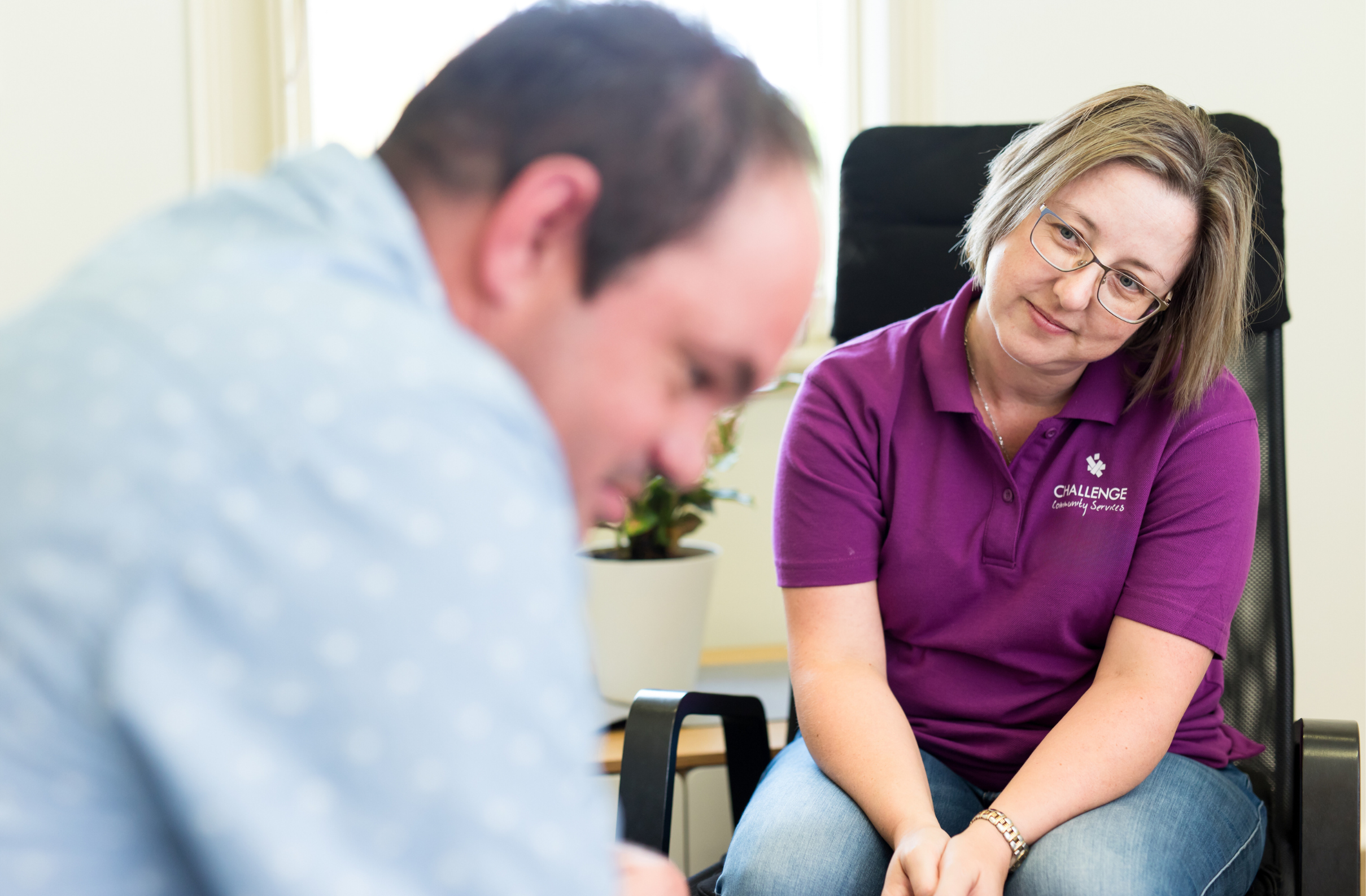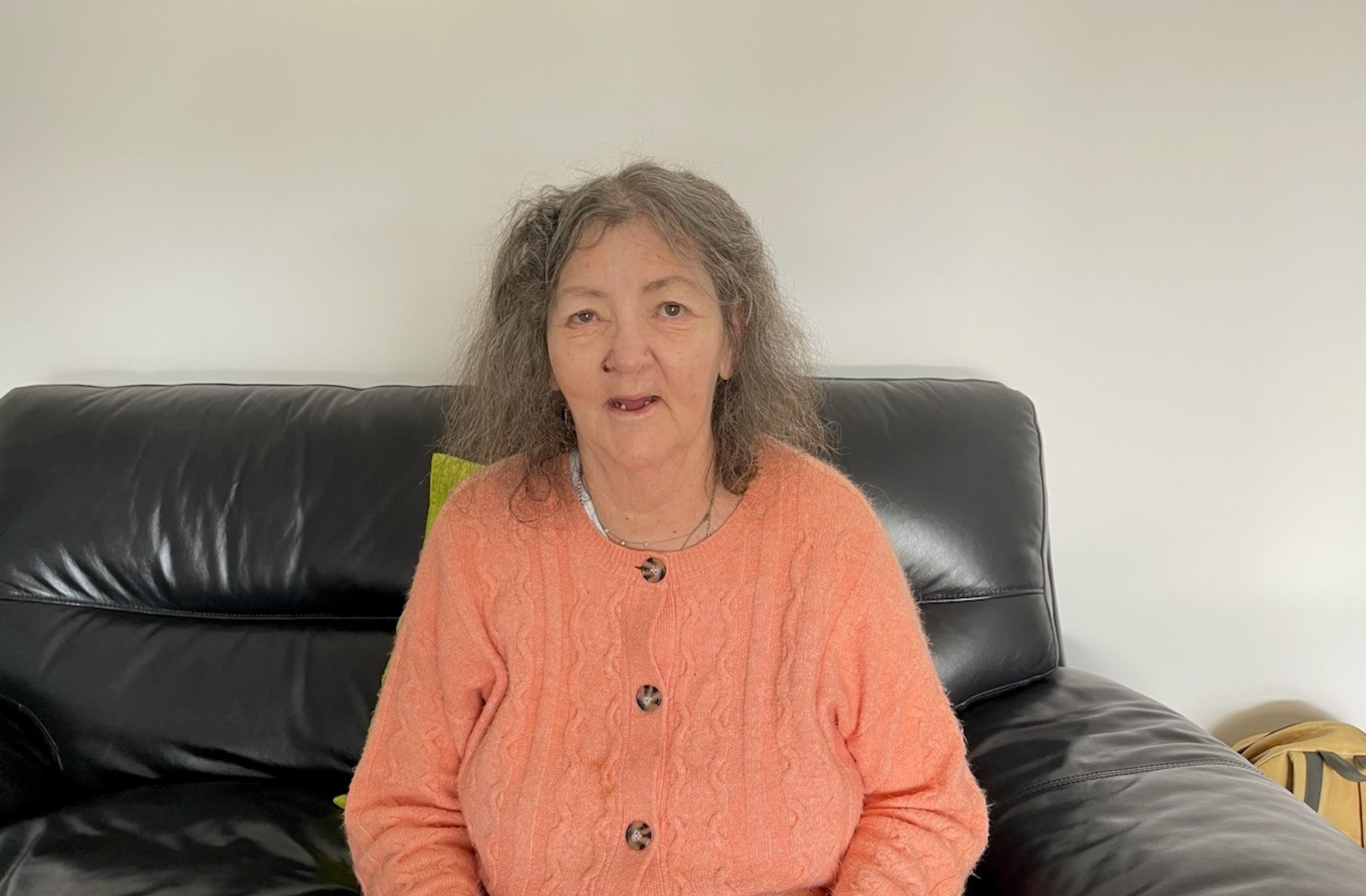The way we think about neurodiversity is shifting. For a long time, people with diagnoses such as autism, ADHD, and dyslexia, were seen as “broken” or “needing to be fixed.” However, there is a growing movement to see neurodivergence as a natural variation in human brain development. This movement is being led by neurodivergent people, their families, and their allies.
There are a number of reasons why the way we think about neurodiversity is shifting. One reason is that new research, often led by neurodivergent researchers, is showing that neurodevelopmental conditions are not disorders, but rather natural variations in brain development. The social model of disability explains that while these brain types may be in the minority, they are no less valuable to our society, bringing levels of creativity and inventiveness born from divergent ways of thinking that society would otherwise be without. Another reason is people are speaking out from their lived experience and challenging the stigma and discrimination that they face.
Previously overlooked populations are being diagnosed with neurodivergent conditions, with many more people getting diagnosed in adulthood after being excluded from diagnosis due to a narrow understanding of these neurotypes. Adult females and those assigned female at birth, are being diagnosed after living their childhood being told that these diagnoses only occurred in boys. There is a growing movement to make the world a more inclusive place for people with neurodivergent diagnosis so support in health, education and in workplaces can occur.
The shift in the way we think about neurodiversity is still in its early stages, but it is a positive development. As we learn more about neurodiversity, and as neurodivergent people continue to self-advocate, we can expect to see even more progress in the years to come.
Here are some examples of how the way we think about neurodiversity is shifting:
- The World Health Organisation (WHO) is removing autism from its list of mental disorders. This is a major step forward in the fight against stigma and discrimination.
- A growing number of companies are recognising the value of neurodiversity in the workplace. These companies are starting to hire people with neurodivergent conditions, and they are finding that these employees can bring unique skills and perspectives to the table.
- There is a growing movement to increase awareness and acceptance of neurodiversity in society. This movement is being led by neurodivergent people, their families, and their allies.
Neurodiverse people often have a different perspective on the world that can be valuable in problem-solving and innovation. Neurodiversity can be a source of great strength and resilience. Neurodiverse people often have to learn to cope with challenges that neurotypical people do not face, such as social isolation, discrimination, and misunderstanding. This can lead to a deep understanding of the human condition and a strong sense of purpose.
Of course, there are also challenges associated with neurodiversity. Neurodiverse people may experience social difficulties, sensory overload, and other challenges. However, the positive aspects of neurodiversity far outweigh the challenges. By embracing neurodiversity, we can create a more inclusive and accepting society that benefits everyone.
Here are some ways to promote positivity around neurodiversity:
- Educate yourself and others about neurodiversity. There are many resources available to learn more about neurodiversity, such as books, websites, and organisations.
- Challenge stereotypes and misconceptions about neurodiversity. When you hear someone making a negative comment about neurodiversity, speak up and challenge the stereotype.
- Be an ally to neurodiverse people. Be supportive of neurodiverse people in your life and offer them your help and understanding.
If you need neurodiversity affirming support, reach out to our Allied Health team.


